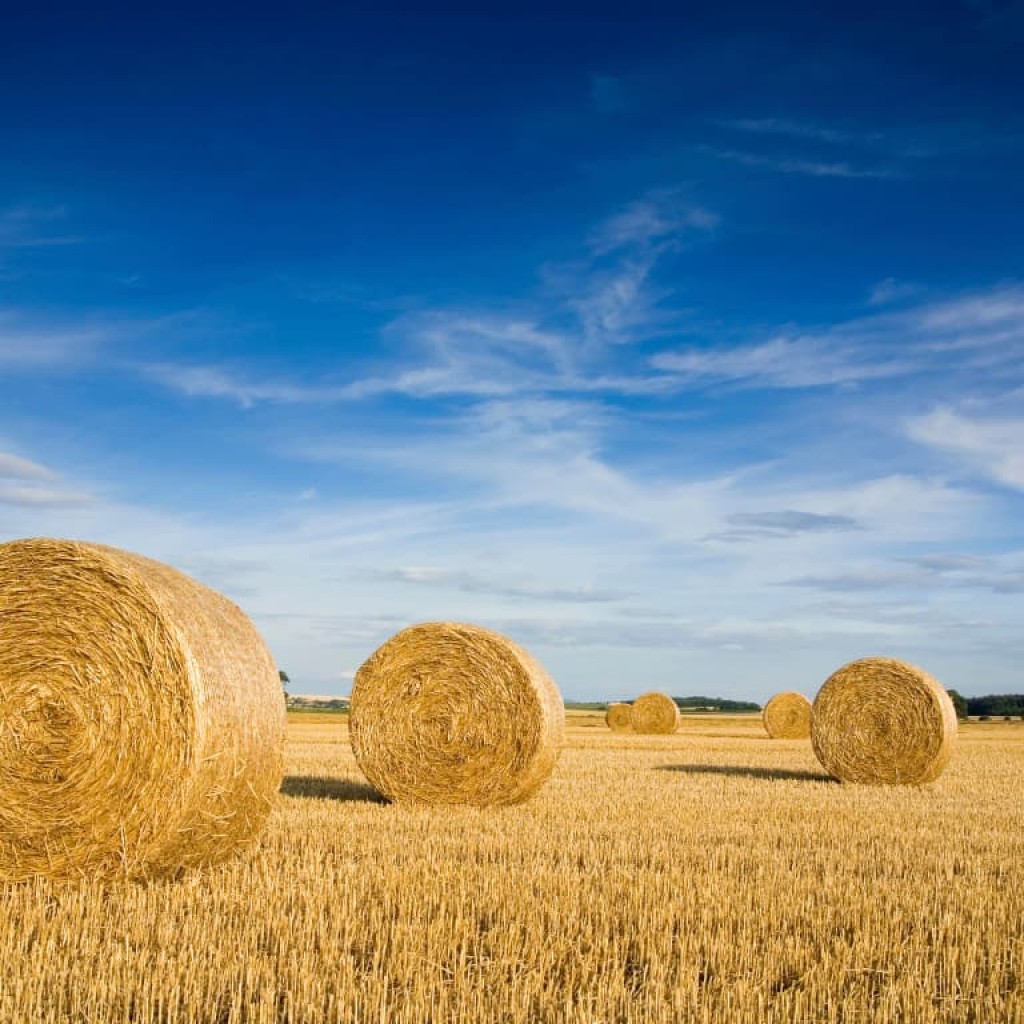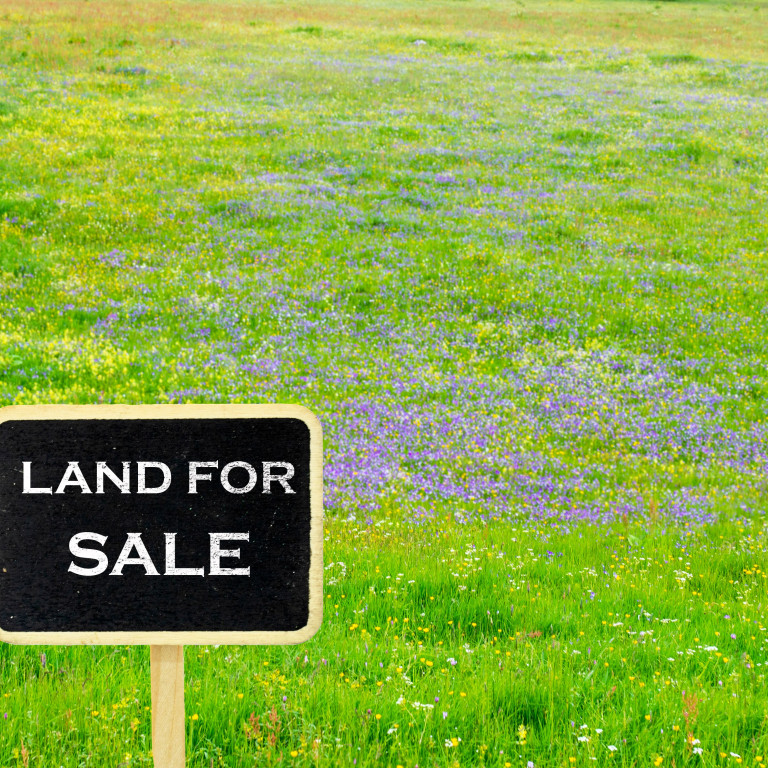You own land which you want to use for equestrian purposes. You need to be aware of the planning legislation on keeping horses on agricultural land. Failure to comply with the Town and Country Planning Act 1990 (TCPA) could result in enforcement action.
Do you need to obtain planning permission?
If the horses are simply grazing on the land, they will fall within the legal definition of “agriculture” and you won’t need to obtain planning permission for them. If, however, you want to keep your horses for other purposes, such as recreational riding or teaching, you may need to seek it. Otherwise, the planners can issue an enforcement notice. So the consequences of a planning breach can be serious.
What is the difference between horses kept for grazing and horses kept for other means?
But where does the line fall between horses that are just grazing and those being kept for other purposes? The courts have battled with the issue but there are still no clear rules and each case will be decided on its facts. Nevertheless, one can glean from the decided cases some of the factors the local authority will consider when determining whether a horse is being kept or grazed:
- Are the horses fed? If the horses are being given significant amounts of bucket feed to the extent that any grazing is secondary, the use of the land is unlikely to be considered agricultural.
- Use of the field. Where the horses are being exercised in the field, the use of the land will not be considered agricultural.
- Other animals in the field. When analysing the use of a field, the local planning authority will also consider whether the land is used primarily for horses or whether other animals such as sheep also graze in it.
- Structures on the land. Any structures related to the horses’ welfare or training, such as jumps, horse exercisers, or a round pen or schooling surface, will point to the horses being kept there for leisure rather than agricultural purposes.
What about buildings and shelters?
Another reason to be clear about whether the use is agricultural is the special treatment of agricultural buildings which generally enjoy permitted development rights meaning they can be developed without the need for planning permission. Structures connected with the keeping of recreational horses are not permitted development. So, any field shelters must not be permanent structures which means they must be capable of being moved around the field (on wheels or skids) and must not remain in the same position.
What if your field is being used for non-agricultural purposes?
The significance is that if your field is being used for non-agricultural purposes:
-
- You need permission for a change of use if you want to keep horses there for anything other than simply grazing.
- You cannot put up a field shelter, barn, hard standing, or any other structure without planning permission for it.
Introducing horses to the land can prove troublesome unless done for assured agricultural purposes or, otherwise, after obtaining the appropriate planning permission. It is always worth seeking legal advice before moving horses onto the land to make sure you comply with the law and don’t end up facing prosecution.
Find out more
For advice please email our experienced equine law solicitors.






